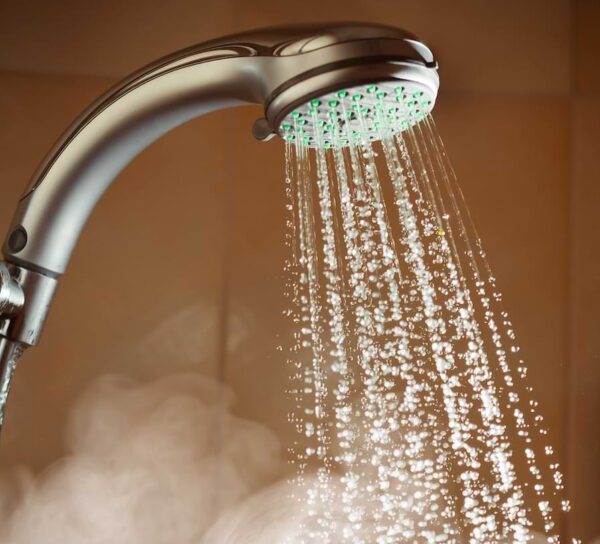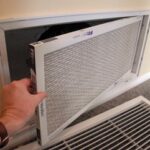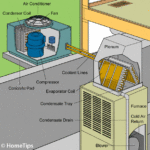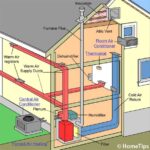If you are looking to replace or upgrade your heating and/or air conditioning (HVAC) system, you can find countless articles on what to ask an HVAC contractor and how to interview him or her. But here we look at the flip side: what your contractor should be asking you.
A good HVAC contractor wants a customer to find the optimal system that provides comfort within the customer’s budget. By asking the right questions, your contractor can create the perfect system for your family’s needs.
Your contractor should ask:
What makes you comfortable?
Think back to the last time your system was functioning properly. What temperature was the thermostat set to during the summer? How about the winter? If you like your home at 65 degrees all year, then you are going to need a large air conditioning system. If you spend most of the summer with the air conditioning turned off and only use it when you’re sweltering, then a smaller A/C system will work.
Additionally, if you have horrible allergies and struggle to function normally during peak pollen times, then a system that filters and improves air quality should be part of your HVAC plan.
Are some areas of your home uncomfortable when the system is on?
Your contractor should ask whether you want to focus on improving comfort in certain areas of the home. This is a critical piece of information in designing a solution that is custom to your needs. Everyone lives in their home differently, using different rooms for different purposes. Two identical homes can have very different heating and cooling needs based upon the direction the home faces and how the home is used.
Your contractor can suggest options for different rooms. For example, he or she might add additional zones to an existing system or add a ductless heat pump to a problem area. Or you might want to have a dehumidifier or humidifier added to your system to improve uncomfortable humidity levels. A good contractor knows the importance of learning and asking about your current system’s shortcomings.
How long do you plan on being in the home?
The length of time you intend to continue living in at your home is information you should share with your contractor. If you plan to stay in your home for a long time—maybe even grow old with it—a high-end, high-efficiency system will last longer and operate more efficiently than a standard system.
On the other hand, if you intend to quickly flip the house for a profit, a basic system may make more sense financially. In addition, it’s helpful for your contractor to know if you plan to add-on or remodel the house in the future. If you are planning on an addition, then you may need a larger staged system to handle the home’s eventual size.
How important is technology to you?
Technology advances every day, and better bells and whistles are always on the horizon. Your contractor should be showing you all of the latest available options if you want to stay on top of technology.
Current technology allows HVAC systems to be monitored directly from a cell phone or tablet. If you’d like to monitor your system remotely, you’re going to need the technology that can do that. If you’d rather opt for simplicity—a conventional system with a typical thermostat—then your contractor should be asking about that as well.
What is your monthly budget for heating and cooling?
One of the last things your HVAC contractor should be asking is how much you would like to spend per month for heating and cooling. If, like most people, you want to cut down on costs as much as possible and be environmentally responsible, a very energy-efficient system may be important to you. This said, high-efficiency equipment is more expensive than standard efficiency gear. So you have to find the right balance—and your contractor should help you do this.
Additionally, an HVAC contractor should tell you about any financing opportunities and whether government tax incentives are available for certain types of high-efficiency equipment.
Hiring the right contractor takes work. By looking for these key indicators of good service, you will not only get the most for your money but also gain the peace of mind that you have made the right choice.
Author Bio
Danielle Marsh is a content developer for RSC Heating and Air Conditioning, a full-service HVAC contractor in Lancaster, Pennsylvania. In her free time, she enjoys spending time with family and enjoying the beauty of Lancaster County.
Next See:
• Central AC Overview
• Central Air Conditioner Buying Guide
• How Much Does a Central Air Conditioner Cost?
• Central Air Conditioning vs Window AC — Which Is Best?
• Evaporative Air Coolers (Swamp Coolers) Buying Guide








 Don Vandervort writes or edits every article at HomeTips. Don has:
Don Vandervort writes or edits every article at HomeTips. Don has:




